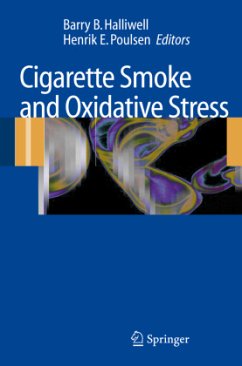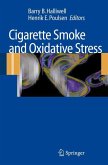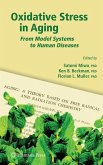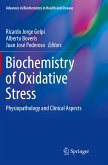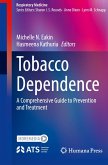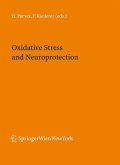From a public health point of view, there is little doubt that one of the most important preventable causes of disease worldwide is tobacco smoking. It is also clear that tobacco smoke contains a vast number of chemicals with important biological efects in disease processes. Te gas phase of tobacco smoke is oxidizing, the tar phase is reducing, and whole smoke is roughly neutral, so its efects on oxidative stress may be an "antioxidant paradox. " From a scientifc point of view, we found it of interest to make a comprehensive ov- view of what we presently know about oxidative stress and tobacco smoke, because sm- ing is presently the best-known common condition associated with oxidative stress, and it may serve as a model for others. To this end, we have asked distinguished researchers from the public and the private sectors to evaluate the present scientifc status in their particular area. Authors were selected purely because of their scientifc merits. We do not claim that all the well-described health hazards associated with cigarette smoking stem from oxidative stress, nor should we. However, we ought to be able to fnd out, and for some of those health hazards, we can already say. We hope this book will stimulate more research to fnd answers to the remaining questions. Barry Halliwell and Henrik E. Poulsen Contents 1 Oxidative Stress . . . . . . . . . . . . . . . . . . . . . . . . . . . . . . . . . . . . . . . . . . . . . . . . . 1 Barry B. Halliwell and Henrik E. Poulsen 2 Tobacco Smoke Constituents Affecting Oxidative Stress . . . . . . . . . . .
Bitte wählen Sie Ihr Anliegen aus.
Rechnungen
Retourenschein anfordern
Bestellstatus
Storno

